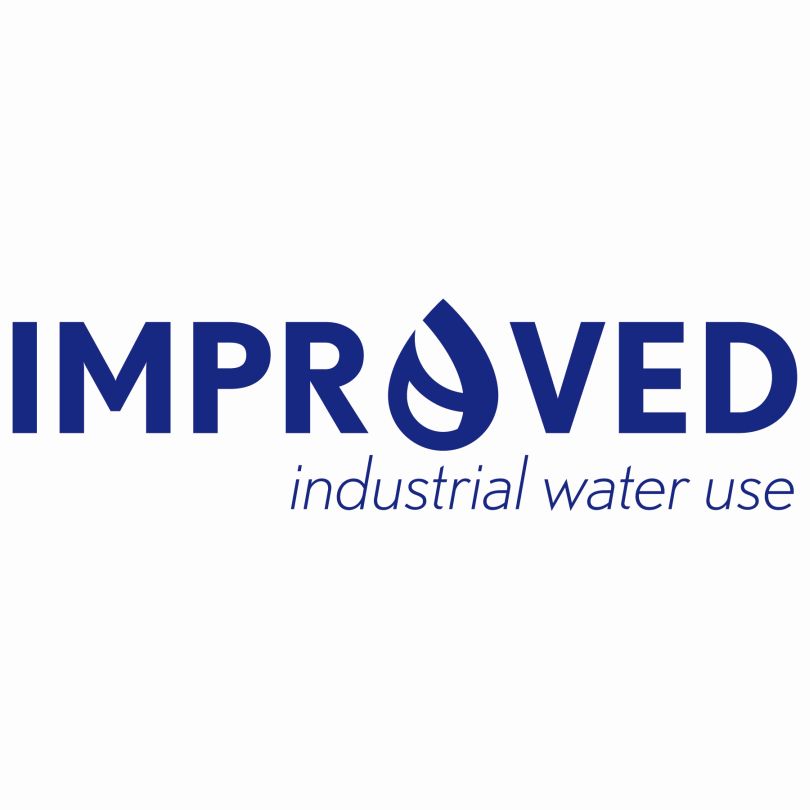Since 1998 the research has focused on the microbial ecology of soil, aquifer, aquaculture systems, drinking water and activated sludge systems. The areas of interests have been the development of molecular methods (Illumina sequencing, Denaturing Gradient Gel Electrophoresis, Fluorescent in situ Hybridisation, Real-Time PCR and Flow Cytometry) for the qualitative and quantitative description of microorganisms and investigations of microbial processes in carbon and nitrogen cycling, novel bioaugmentation strategies for xenobiotics and the bioprecipitation and application of catalytic particles (Pd, Mn, Au and Ag). During the last years, the research interests are focussed on the development of new microbial ecological theories to link the microbial community structure to functionality. The central theme of this research is to understand of the composition, functionality and the limits under which a microbial community can (optimally) perform. At present, there is only limited theoretical insight in the ecology of mixed microbial cultures and engineering practices to manage those microbial resources are fragmentary. The final aim is to structure and optimize the performance of the community in respect to a desirable set of outputs. This strategy is called Microbial Resource Management (MRM).


